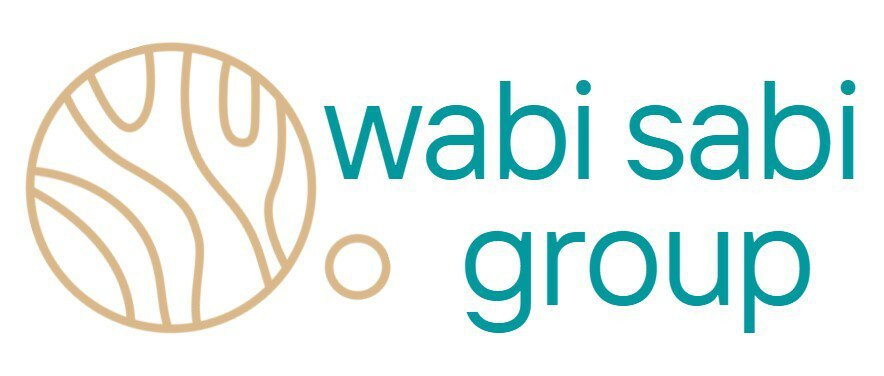Over time a coffee maker gets a buildup of coffee residue around the coffee pot, brew basket, and the reusable filter. Some coffee makers require you to clean straight after using them, but generally all need a thorough clean every 3 months or so. Here’s a list of products you can use to clean a coffee maker.
Overall, dish soap, citric acid, vinegar, hydrogen peroxide, CLR, and coffee maker cleaners made by coffee maker manufacturers. The inside of a dishwasher should be flushed with the above, except for dish soap, which should be used to clean the components and exterior.

The interior develops hard water deposits that won’t come off with dish soap alone, dish soap will also foam up on the interior of a coffee maker, and make a bit of a mess. Below, I will explain the benefits and drawbacks to each of the different products you can use to clean your coffee maker and at the end of this article I will provide full step by step instructions for how to clean it.
Can You Use Vinegar to Clean Coffee Maker?
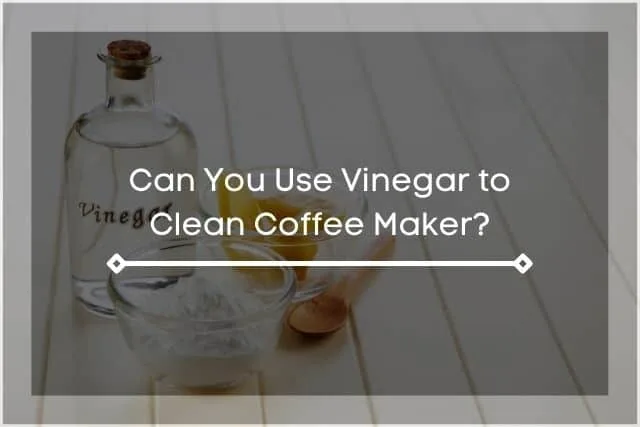
Many coffee brands sell a special cleaner to clean the inside of a coffee machine. But, vinegar is also commonly used for this purpose. But, are there any drawbacks to using vinegar to clean your coffee maker, and is it OK to use?
Overall, vinegar is a great way to clean a coffee maker. Many of the top coffee maker manufacturers provide a specially formulated cleaner to clean their coffee makers. However, vinegar does an excellent job at descaling a coffee maker.
Different types of store bought vinegars such as apple cider vinegar, and malt vinegar have different acidities. This makes some types of vinegar better than others. Here’s how well each of the main types of vinegar work, and which vinegar is the best to use.
Can You Use White Vinegar to Clean Coffee Maker?
White vinegar is a very good vinegar to use to clean a coffee maker, and is one of the strongest vinegars you can use. It’s common to run vinegar through a coffee maker 4 to 5 times to clean it very thoroughly. But, using white vinegar instead of other weaker vinegars such as apple cider vinegar will clean your coffee maker faster.
Can You Use Apple Cider Vinegar to Clean Coffee Maker?
Apple cider vinegar is a great product to use to clean your coffee maker. Apple cider vinegar should be used instead of water on a brew cycle to clean out the inner parts of your coffee maker. Apple cider vinegar has a strong acidity. However, sherry vinegar is the most acidic vinegar. Using sherry vinegar is preferred because you can do fewer brew cycles to get the same cleaning results.
Can You Use Wine Vinegar(Rice/Red) To Clean Coffee Maker?
Wine vinegar is good to use to clean your coffee maker. Interestingly, wine vinegar is more acidic than other types of vinegar, and is the most acidic type of vinegar with about 6% to 7% of acid, compared to the 4% to 5% acidity of other vinegars such as apple cider vinegar, and malt vinegar.
Can You Use Distilled Vinegar to Clean Coffee Maker
It’s perfectly fine to use distilled vinegar to clean a coffee maker. The best way to use distilled vinegar to clean your coffee maker is to use it instead of water and then do a brew cycle. Do this once or twice or about 4 to 5 times if it’s been over 6 months since you’ve cleaned your coffee maker in this way.
Distilling vinegar removes water deposits on the inside of your coffee maker that will eventually clog your dishwasher.
Can You Use Baking Soda to Clean Coffee Maker?
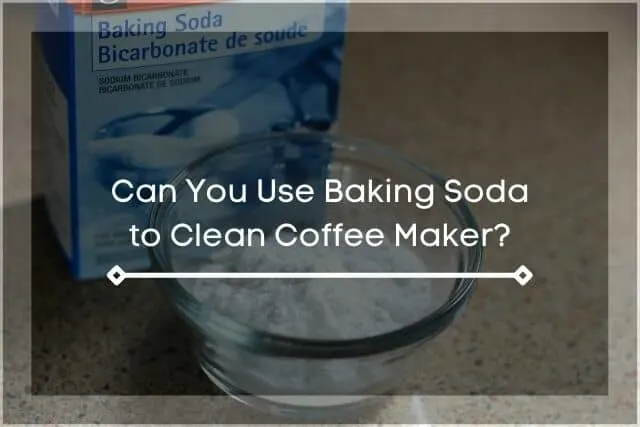
Baking soda is fine to use to clean a coffee maker. However, it should generally be used to make the coffee build up in the jug and the removable component easier to remove. Vinegar is one of the best household items you can use to run through your coffee maker to clean it.
Just be careful not to mix baking soda with vinegar by accident. Because as you may know, it causes a lot of foam which will take time to clean up.
Can You Use CLR to Clean Coffee Maker?
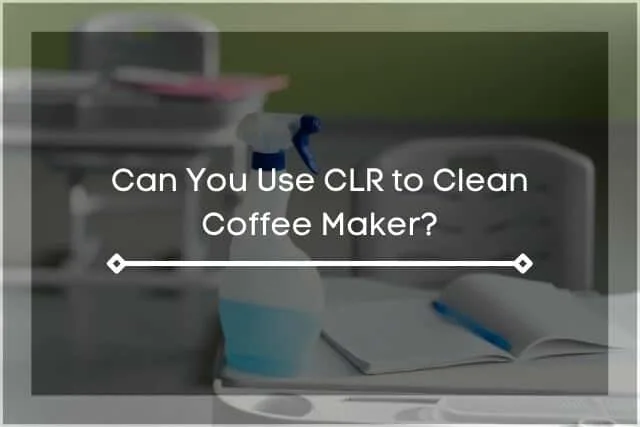
CLR is a famous cleaner that works for a range of household applications. It’s particularly good at removing scale/hard water deposits that also occur in a coffee maker. But, many strong cleaners are toxic, so here’s an explanation of whether you can use CLR to clean a coffee maker.
Overall, CLR is fine to use to clean your coffee maker. CLR is water soluble, non-toxic and food safe. It’s generally best to run CLR through your coffee maker instead of water, a few times, and then do a few cycles with clean water to flush out leftover CLR inside your machine.
CLR can also be used on the other parts of a coffee maker but this is generally not required. Most detachable parts of a coffee maker can be put in the dishwasher. Otherwise they can be washed in warm soapy water. If the coffee residue is particularly stubborn then baking soda, or vinegar are good options to make it easy to remove.
Can You Use Bleach to Clean Coffee Maker?
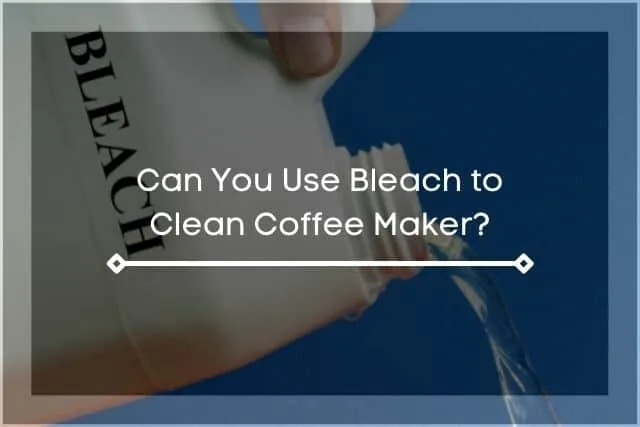
Bleach is a very strong cleaner that’s great to use around the house. But, bleach also has a very strong odor and is toxic. So, here’s a rundown of whether you can use bleach to clean a coffee maker.
It’s OK to use bleach to clean a coffee maker. But, it’s not the best option. Bleach is not food safe, and you need to be very careful to clean all of it from the inside of your coffee maker before making a coffee. Vinegar, and CLR are better options because they’re food safe.
Hard water deposits form on the inside of your coffee maker. Bleach is not strong enough to clean off hard water deposits. But, for the rest of a coffee maker it’s generally best to use dishwashing liquid. Bleach generally doesn’t have any benefits over dishwash liquid, and also is not food safe. For these reasons dishwash liquid is the best option, and you should avoid using bleach on your coffee maker.
Can You Use Soap to Clean Coffee Maker?
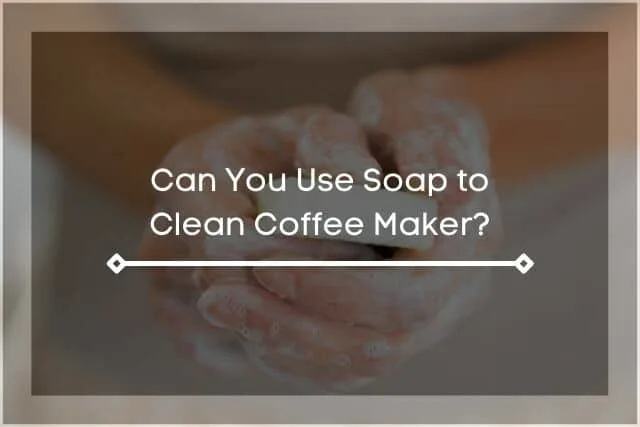
Dish soap, hand soap, and a bar of soap are effective for cleaning most things. A coffee maker needs to be cleaned after using it, and the inside needs to be descaled every 2 to 3 months depending on how hard the water is where you live. So, here’s an explanation about whether soap is good to use on a coffee maker.
Overall, using soap is good for cleaning a coffee maker. But, only for cleaning the parts of a coffee maker that detach from the coffee maker. Such as, the coffee pot and drip tray. For flushing the inside of a coffee maker use vinegar or the special cleaner made by the coffee maker manufacturer.
Baking soda, and vinegar are better at removing coffee residue if it’s particularly difficult to remove with dish soap. But, provided the coffee build up isn’t too bad, dish soap is a very good option to wipe down your coffee maker, and for cleaning the parts that detach from your coffee maker.
Can You Use Citric Acid to Clean Coffee Maker?
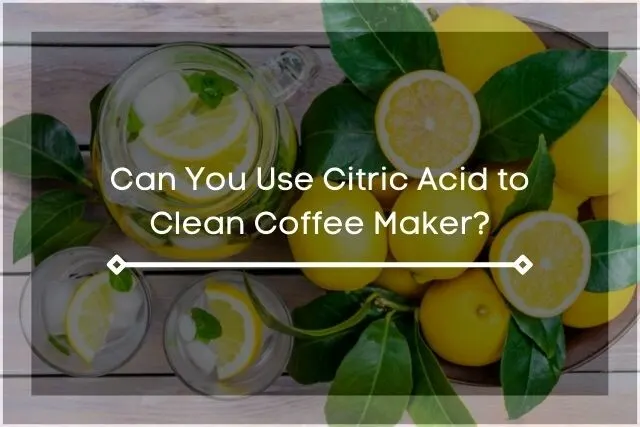
Citric acid comes as a powder that you mix with water to create a strong cleaner that is a little bit weaker than vinegar. Citric acid is a reasonably strong cleaner, but is it OK to use to clean a coffee maker?
As a general rule, you can use citric acid to clean a coffee maker. Citric acid is not as strong as vinegar. Therefore, vinegar is preferred for flushing through your coffee maker to remove scale build up. But, many coffee maker brands also sell a specially formulated coffee maker cleaner.
This content is owned by Wabi Sabi Group and was first published on Apr 29, 2022..
In general, citric acid is OK but not the greatest for flushing the inside of a coffee maker. And you should only use it if you can’t obtain vinegar. But, it works well on the exterior of a coffee maker. But, the individual components should be washed in the dishwasher or with warm soapy water in the sink.
Can You Use Lemon Juice to Clean Coffee Maker?
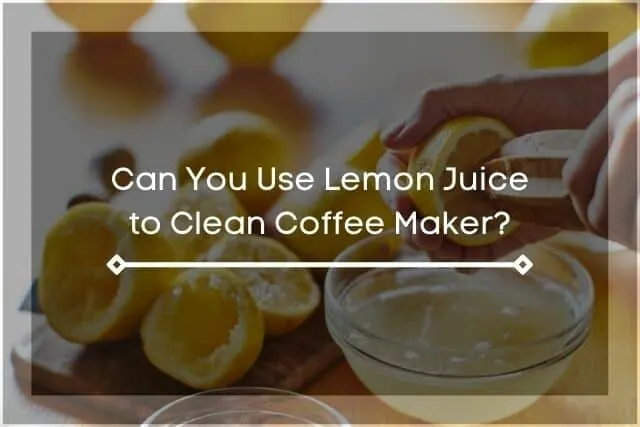
During lemon season you can often have an abundance of lemons, and it’s a strong all natural cleaner because of its citric acid content. Here’s the long and short of whether lemon juice can be used to clean a coffee maker.
Overall, lemon juice can be used to clean a coffee maker. Citric acid, and vinegar are also good options for removing scale build up. Vinegar is a better option because it’s a much stronger acid, and works better at removing scale. The rest of the dishwasher should be cleaned with dish soap.
Lemon juice can be used on the exterior of a coffee maker. But, otherwise it shouldn’t be used to clean your coffee maker as vinegar is much better.
Can You Use Hydrogen Peroxide to Clean Coffee Maker?
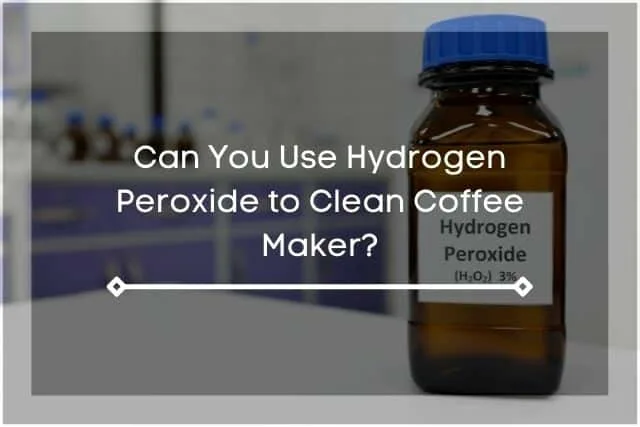
According to expert plumbers, hydrogen peroxide works well to remove hard water stains. Hard water stains and coffee residue collect over time on the inside of a coffee maker. The exterior needs to be cleaned from time to time as well so here’s a summary of if hydrogen peroxide can be used to clean a coffee maker.
This article was first published on Apr 29, 2022 by Wabi Sabi Group..
As a general rule, hydrogen peroxide can be used to clean a coffee maker. It works well to clean hard water deposits from the inside of a coffee maker. Vinegar is also a very good option. The components that detach can be put in the dishwasher, or washed in a sink using dish soap.
Medical experts have stated that hydrogen peroxide is food safe, and can be used to wash fruits and vegetables. But, it’s important to remove all of it when you use it to flush out the interior of a coffee maker. The general procedure is to do 2 to 5 brews of coffee – without any coffee grounds or coffee pods, and instead of using water use hydrogen peroxide.
After that to 4 to 5 brews of coffee with only water and no coffee grounds to rinse out the inside of a coffee maker. This will remove virtually all of the hard water deposits.
Can You Use Alcohol to Clean Coffee Maker?
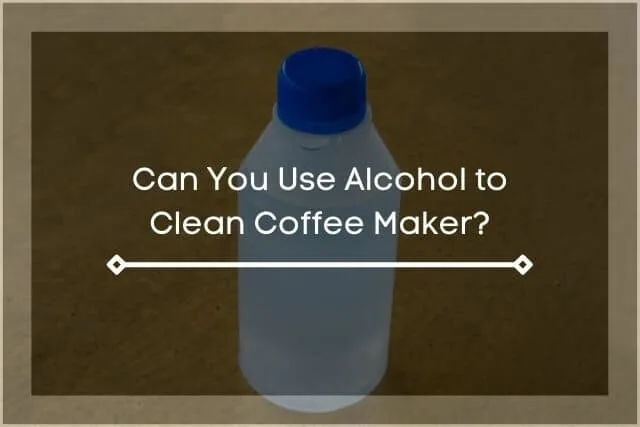
Isopropyl alcohol (methylated spirits) and other types of alcohol can be good for certain types of grease, and chemical products such as resin. But, are they good for cleaning a coffee maker?
Overall, alcohol can be used to clean a coffee maker. But, it’s generally too weak to remove hard water deposits from the inside of a coffee maker. For alcohol to remove hard water stains, it needs to be left to soak on them. Which isn’t possible with a coffee maker.
Vinegar should be used instead and ideally sherry vinegar because it’s the most acidic and removes the hard water deposits the fastest. Alcohol should not be used on porous surfaces because it can damage them.
The brew basket has porous materials that shouldn’t be cleaned with alcohol. In general, it’s best not to use alcohol except on the exterior of a coffee maker. And be careful not to use it on anything porous such as rubber. As it will damage them.
Can You Use Denture Tablets to Clean Coffee Maker?
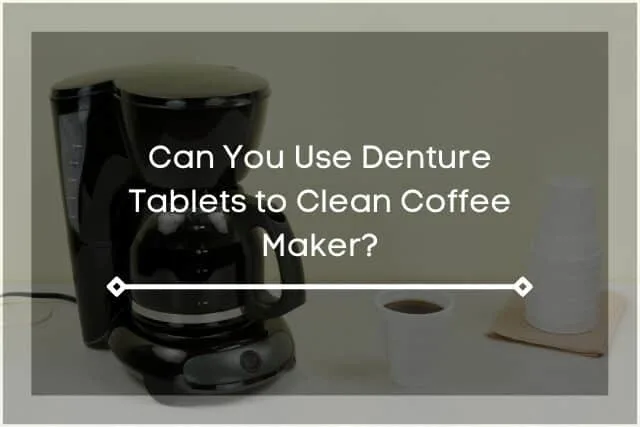
Denture tablets, interestingly, have a range of uses other than just cleaning dentures. A coffee maker needs to be descaled periodically to make sure it doesn’t get clogged, and maintain a really fresh clean taste to your coffee. Here’s a summary of whether denture tablets can be used to clean your coffee maker.
Denture tablets can be used to clean a coffee maker. The best method is to dissolve them in the water tank, and then run a brew cycle on your coffee maker. If your coffee maker doesn’t have a water tank dissolve denture tablets in a separate jug of water.
After that, run a brew cycle on your coffee maker with just water a few times to flush out the denture tablet residue.
How to Clean Your Coffee Maker Properly
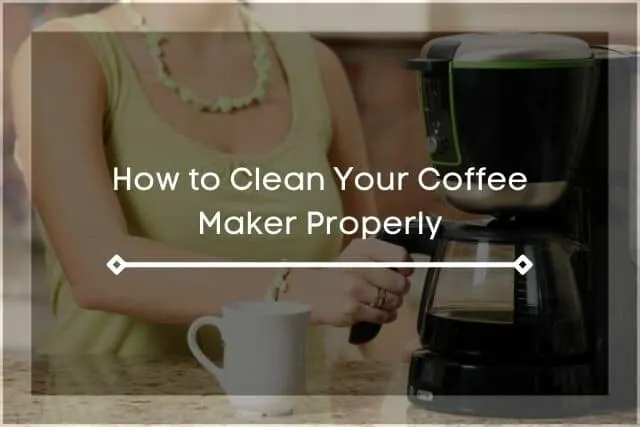
A coffee maker has a range of different components that detach and the part of a coffee maker where the water flows through will develop hard water deposits that need to be removed. The components also need to be cleaned after each use, and as they become overly dirty. Here’s step by step instructions for how to clean a coffee maker.
In general, remove all of the components that detach, and wash them in warm soapy water. Then run sherry vinegar through your coffee machine 4 times on a brew cycle, without coffee, and then 4 times with clean water to flush out the sherry vinegar.
Many coffee maker manufacturers such as Breville, provide guidelines that state that their coffee maker should be cleaned, but don’t list any products to use in particular. This will remove any hard water/scale deposits from the inside of your dishwasher.
Many dishwasher components are dishwasher safe. However, it’s best to check your owners manual online to see if this is safe to do with the components of your specific brand of coffee maker. If in doubt simply wash them in warm soapy water.
Many coffee maker manufacturers also make their own coffee cleaner for cleaning the interior of a coffee maker.
In general, citric acid, vinegar, CLR, or hydrogen peroxide, should be used to flush the interior of your coffee maker. Dish soap should be used to clean the detachable components and exterior of your dishwasher.
Related Articles
What Can You Use To Clean Coffee Pot?
What Can You Use To Clean Oven Racks/Shelves/Tray?
What Can You Use to Clean Oven Glass?
What Can You Use to Clean Keurig?
WabiSabi Group is the owner of this article and was published on Apr 29, 2022 and last modified on .
